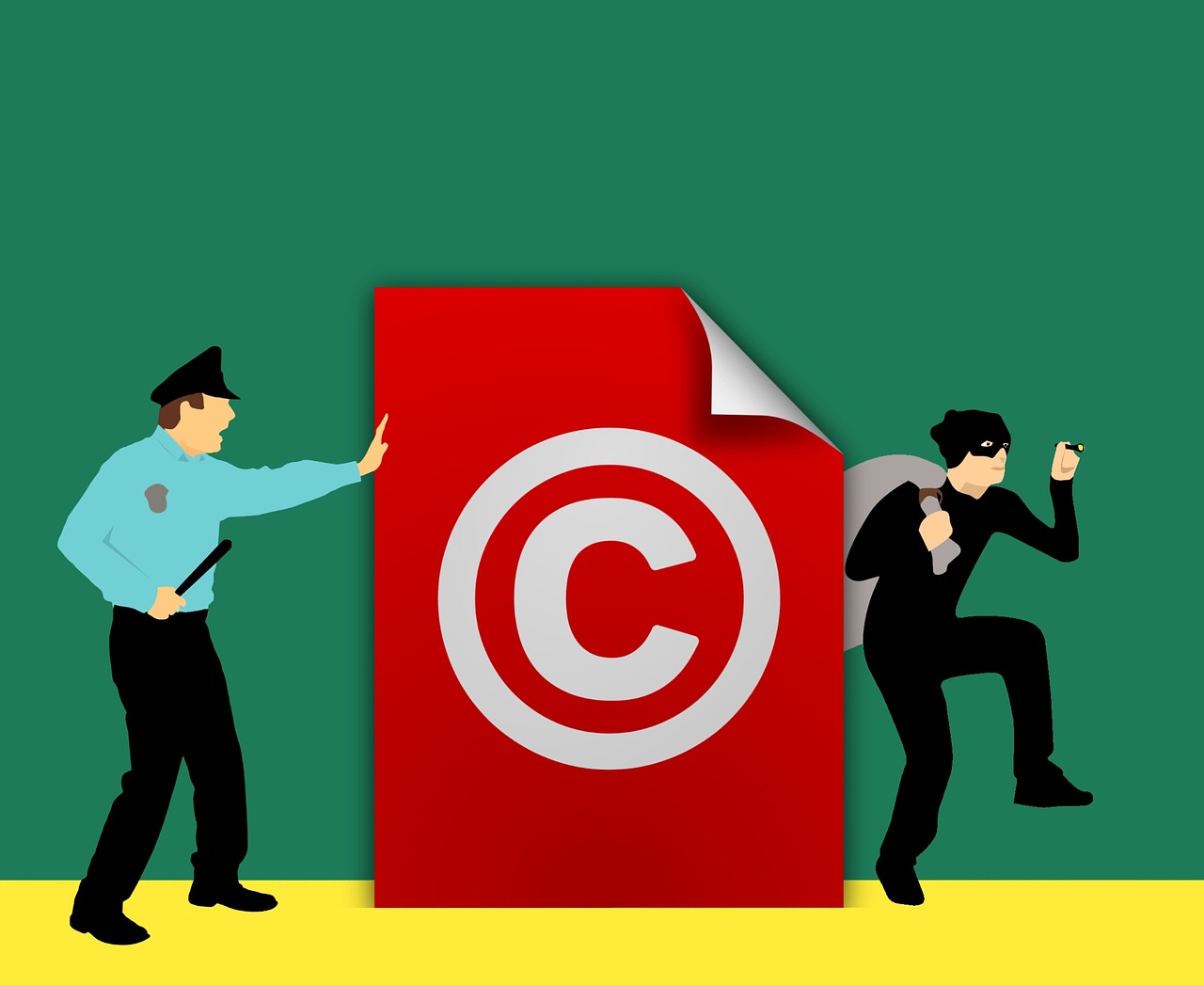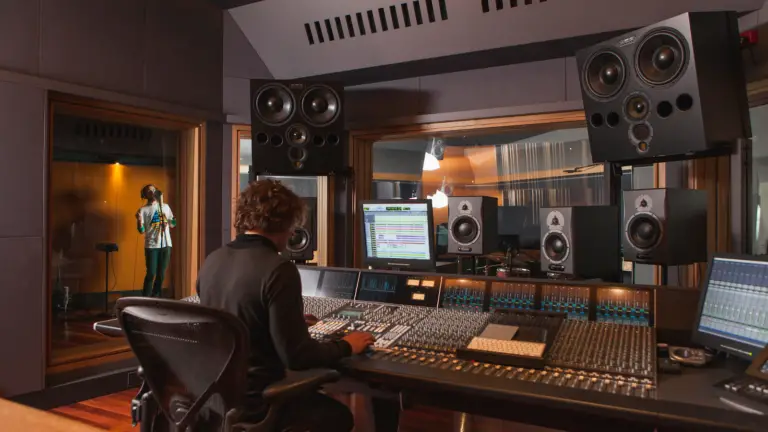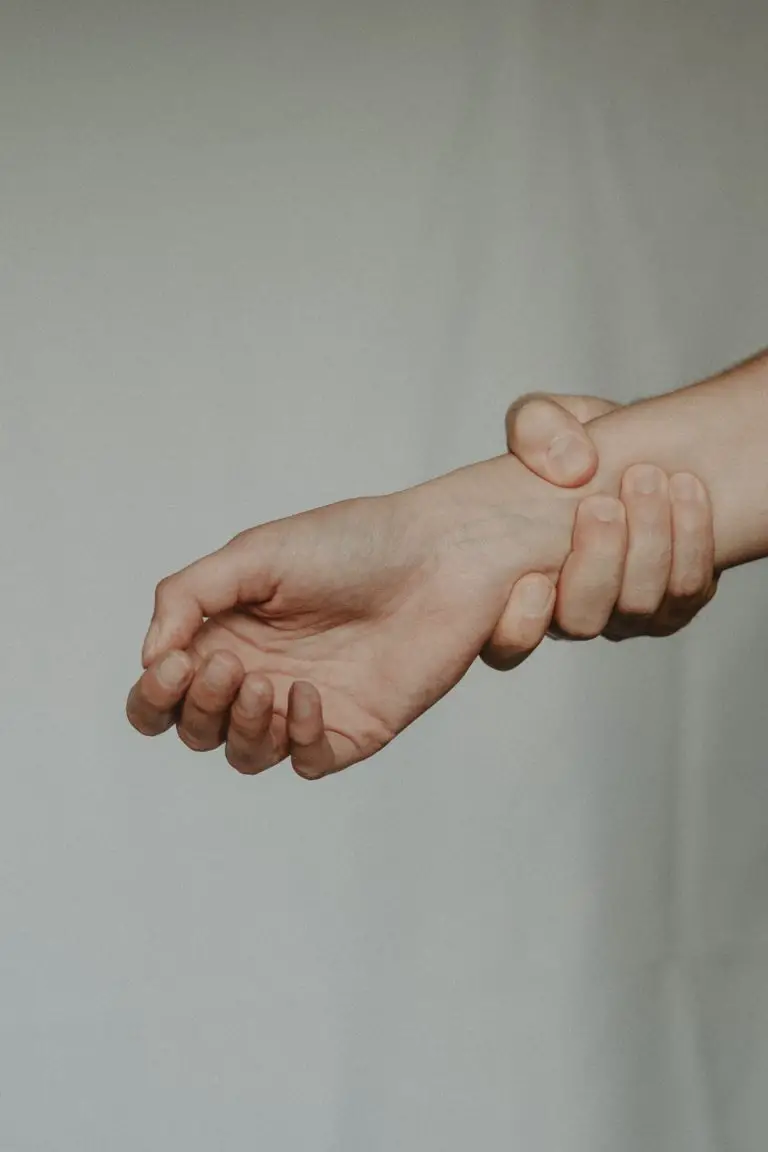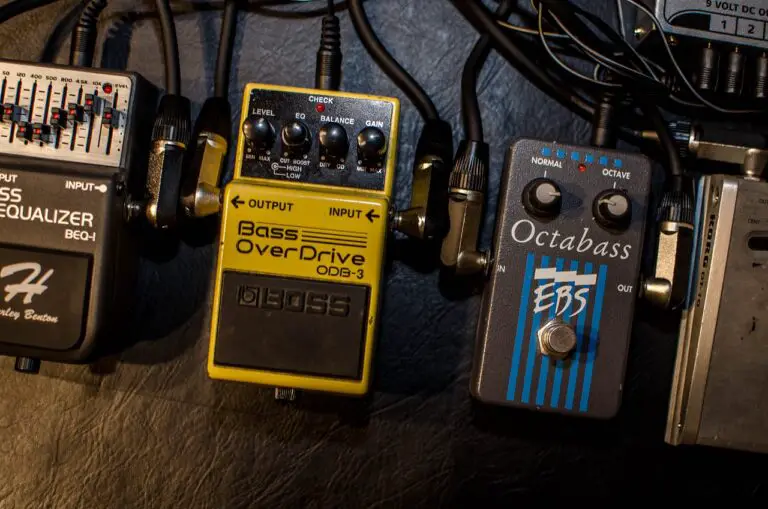Should You Copyright an Album Title?
When making an album, you may think about protecting your new creation. How do you ensure you keep your commercial rights on all aspects of your new music. Should you copyright an album title?
No. The US Patent Office does not allow single media releases to be copyrighted. So legally speaking, you cannot generally copyright your album title.
It might come as a shock to find your copyright options limited. However, you can still do a lot to protect your rights to an album. So should you copyright an album title?
What do laws say about copyright?
When it comes to copyright law, matters are fairly black and white. After all, some laws define what can and can’t be passed as copyright. This depends on what aspects you are protecting regarding an album or any musical work will.
For album titles themselves, they generally can’t be copyrighted. The rules laid out by the US Patent and Trademark Office imply that one-off releases are not eligible to be copyrighted in the USA.
Failed album title copyright attempts – “Smile”
Think about some common words you see among albums. One example, “Smile” is a title used by many big names over the years. Some of the acts to use this for an album title include:
- The Beach Boys (1966)
- Katy Perry (2020)
- Marti Pellow (2001)
With copyright protection lasting a minimum of 50 years, it would have meant that Katy Perry would’ve been out of luck if she wanted to use that title for her 2020 release only to find it already in use.
In fact, Smile has been used as an album title for no less than 20 different albums released in the 21st century giving further proof of the lack of copyright success on a single-word title.
Extending your branding
If the initial situation looks discouraging – it’s not all doom and gloom. After all, debating about should you copyright an album title is still worthwhile if you have bigger plans.
Having an album title is one thing but expanding it to a much larger concept is a different beast entirely. It’s here where a copyright application could be worth going for.
What do we mean by a larger concept? Try anything that becomes an entire brand towards itself. This could a heap of different areas such as:
- Merchandising
- Identity
- Trademarks
Should you want your album title to be a centrepiece of an extensive campaign, then you could copyright these more specific claims.
Aspects involving merchandise would be particularly worth having a trademark or copyright on should you get a chance.
Copyright is necessary on posters, artwork, or clothing. It’s essential to have to avoid your products being counterfeited. There’s nothing worse than seeing scalpers making profits off your name outside a show!
Green Day on copyrighting album titles
There’s no better representation than expanding your franchise than Green Day with “American Idiot.” Everyone knows the song and album but it’s grown to much more.
Since Green Day released the song and eponymous album in 2004, it has gone on to define much of their success in the 2000s turning them into the biggest band on the planet.
However, it has been expanded on with the album being turned into a stage musical and the iconic grenade artwork becoming their defining image.
So – it’s not surprising to see that a lot of it has been copyrighted successfully. That’s because Billie Joe Armstrong and company have rights in two main areas – merchandising and entertainment services.
Interestingly enough – the “entertainment services” only covers some areas. The phrase itself is free for use – for albums or singles. However, not for live shows or stage plays.
This means that Green Day own the copyrights to the name in many commercial aspects even though other artists could use the phrase for a song or album title should they wish to do so. It’s proof of what a band should look to do if they want to copyright a title for a release.
Copyrighting your band’s identity
Instead of focusing on a title, you should focus on your brand itself. That is what truly matters at the end of the day. Registering your brand as a trademark offers much more protection than what an album title could. After all, that is what people will recognize you by.
Alongside that, it is much easier to trademark your band’s name and anything that comes along with it. It is what fans will come to know and respect (alongside your music). Knowing about the copyright to your music is also a big thing – especially with a big label.
With these rights being split into two separate entities – the recordings and the song itself. These are very different too as:
· Publishing rights – covers the physical sheet music, lyrics, arrangements etc.
· Licensing rights – covers the sound recordings, use in media across all formats
Focusing on these copyright issues is critical as it divides who can use your work and who benefits financially from it.
Taylor Swift’s copyright crusade
Taylor Swift’s fight against Scooter Braun to own the rights to her songs provides us an excellent example of copyright in action.
The case came about after Braun purchased Swift’s old record company, Big Machine Records, in 2019 for $300,000,000. This gave him ownership of all the licensing rights to Swift’s first 6 albums.
Swift, who owned the publishing rights, had previously failed to buy her master recordings from Big Machine limiting what she could use of her own material.
Rather than letting Braun profit from her back catalogue, Swift decided to re-record everything. By doing that and self-releasing it, she would then have ownership of all the rights and control of how they are used.
It has turned out to be a sound business strategy though. Swift’s re-recording of Fearless and Red topped album charts across the world.
Seeing the efforts that a megastar like Swift went through serves as a lesson for smaller acts. Always protect your recordings and know what you do and don’t own.
Should you copyright an album title?
Copyright and trademarks are never easy things to handle. But if your title turns into a brand, you should always copyright it. Good titles often become more than just album covers.
While you can’t copyright album titles in general, there are plenty of other things you can protect around it. This could include artwork, merchandising and anything else you could earn money from.
It also helps to protect your brand as an artist. That will always protect you from anyone who might want to exploit your name or look. It would be best if you didn’t worry too much about should you copyright an album title. Instead, focus on the music to guarantee your success within the music industry.








